Description
Rapamycin (Sirolimus) (also known as Sirolimus) is an immunosuppressant drug originally discovered from bacteria in Easter Island soil. It is widely used in medicine for its ability to suppress the immune system, inhibit cell proliferation, and extend lifespan in preclinical studies.
Rapamycin works by targeting the mammalian target of rapamycin (mTOR) pathway, a key regulator of cell growth, metabolism, and aging. It has applications in organ transplantation, certain cancers, and emerging longevity research.
Medical Uses of Rapamycin (Sirolimus)
-
Organ Transplantation
-
Used to prevent organ rejection, particularly in kidney transplants.
-
Reduces immune system activity to prevent attacks on the transplanted organ.
-
-
Cancer Therapy
-
Investigated for use in certain cancers due to its ability to inhibit tumor cell proliferation.
-
May be used alone or with other chemotherapeutic agents.
-
-
Rare Genetic Disorders
-
Conditions like tuberous sclerosis complex (TSC), where mTOR overactivation causes tumors.
-
-
Longevity and Age-Related Research (Experimental / off-label)
-
Preclinical studies suggest Rapamycin may extend lifespan and improve healthspan by modulating the mTOR pathway.
-
Research is ongoing for potential benefits in age-related diseases, including neurodegeneration, cardiovascular disease, and metabolic disorders.
-
Mechanism of Action
Rapamycin works by inhibiting the mTOR pathway, which:
-
Regulates cell growth, protein synthesis, and metabolism
-
Controls immune cell proliferation, reducing organ rejection risk
-
Influences autophagy, a cellular cleanup process linked to longevity
-
Reduces inflammation and cellular stress
By modulating mTOR, Rapamycin can impact aging, cancer progression, and immune response.
Forms and Dosage
Rapamycin is available in several forms, depending on clinical use:
-
Oral tablets and capsules: Commonly prescribed for long-term immunosuppression or experimental longevity use
-
Oral solution: Allows flexible dosing, often used in pediatric or transplant patients
-
Topical formulations: Investigated for skin conditions or localized applications
Dosage: Highly individualized based on condition, body weight, kidney function, and concurrent medications. Blood levels are regularly monitored in transplant patients to avoid toxicity.

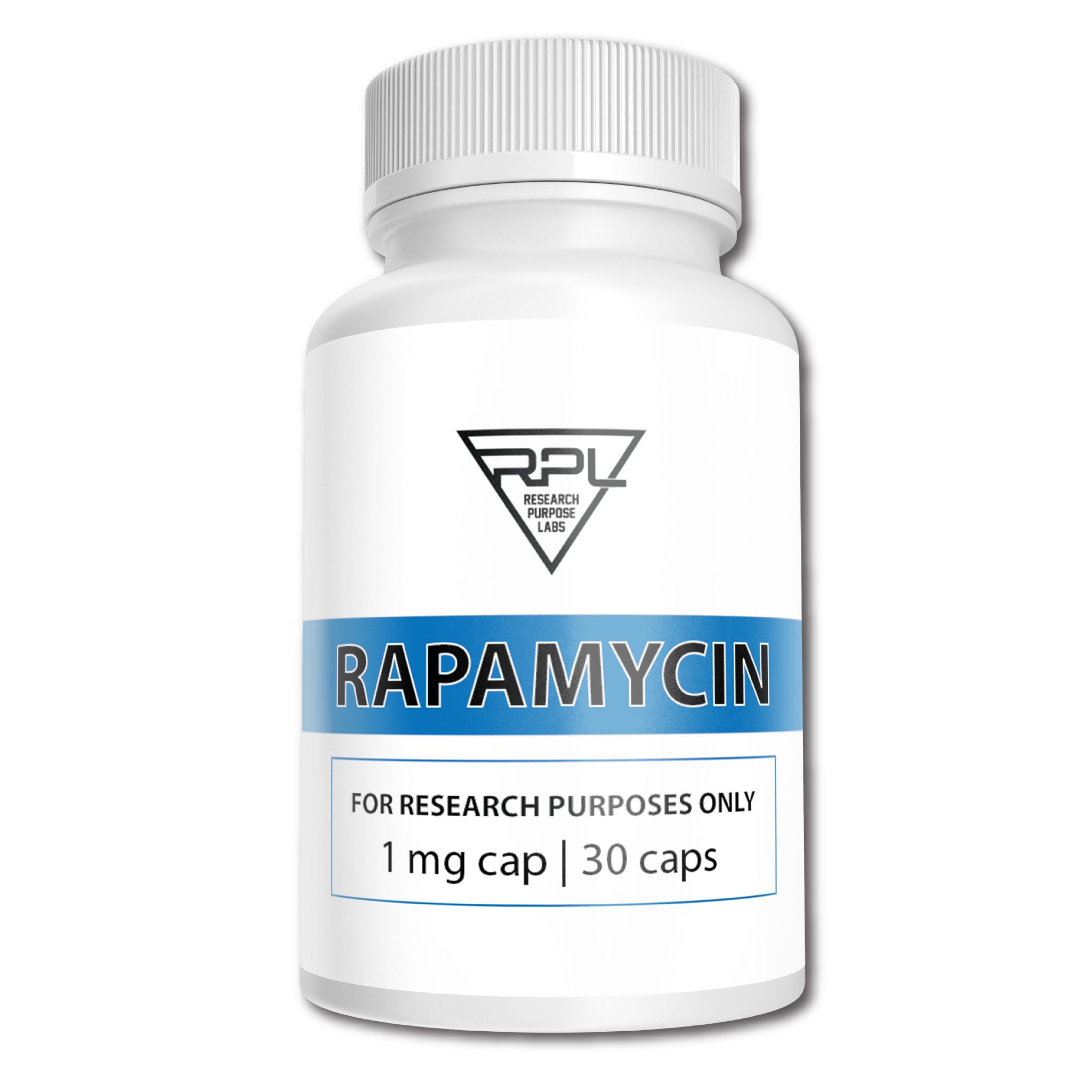
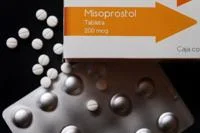



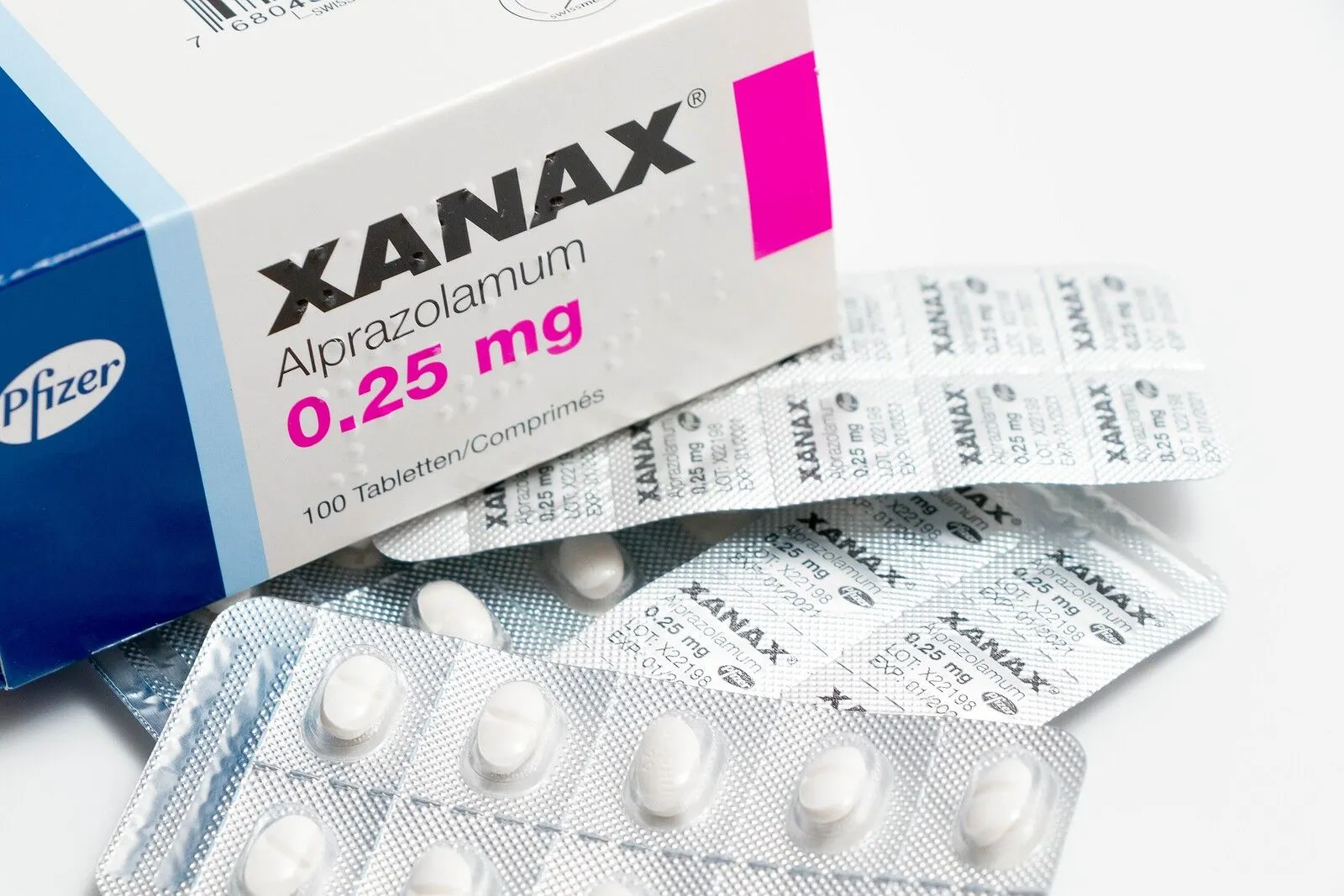
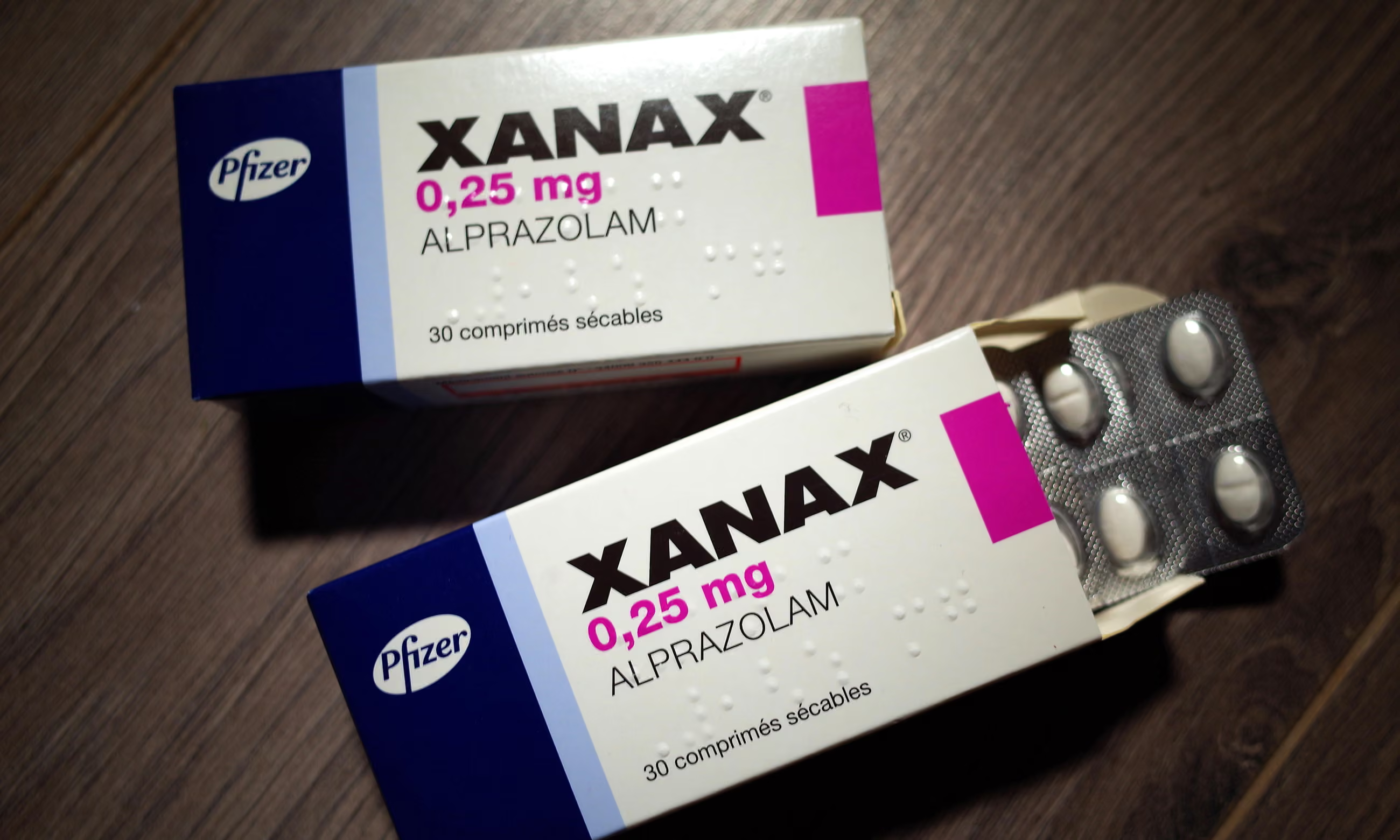
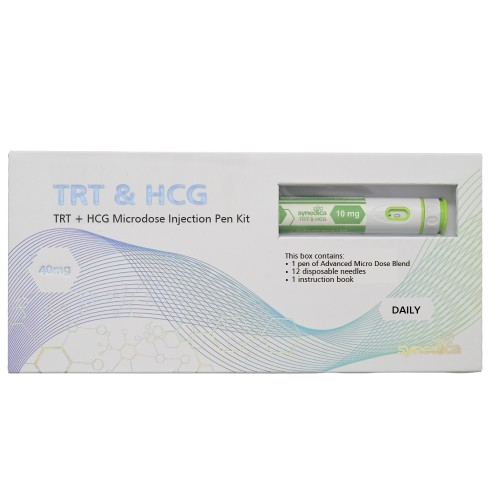
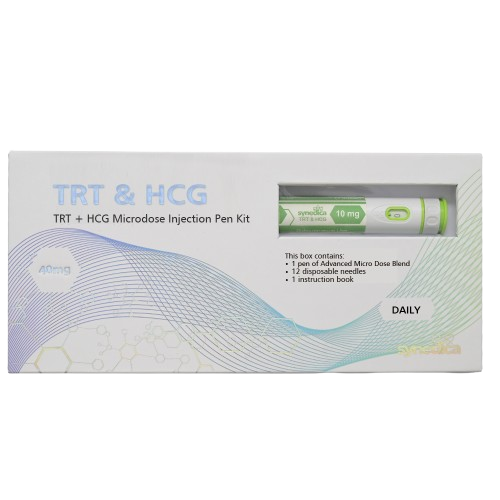



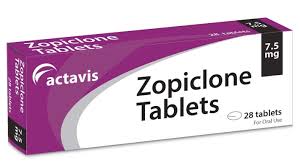
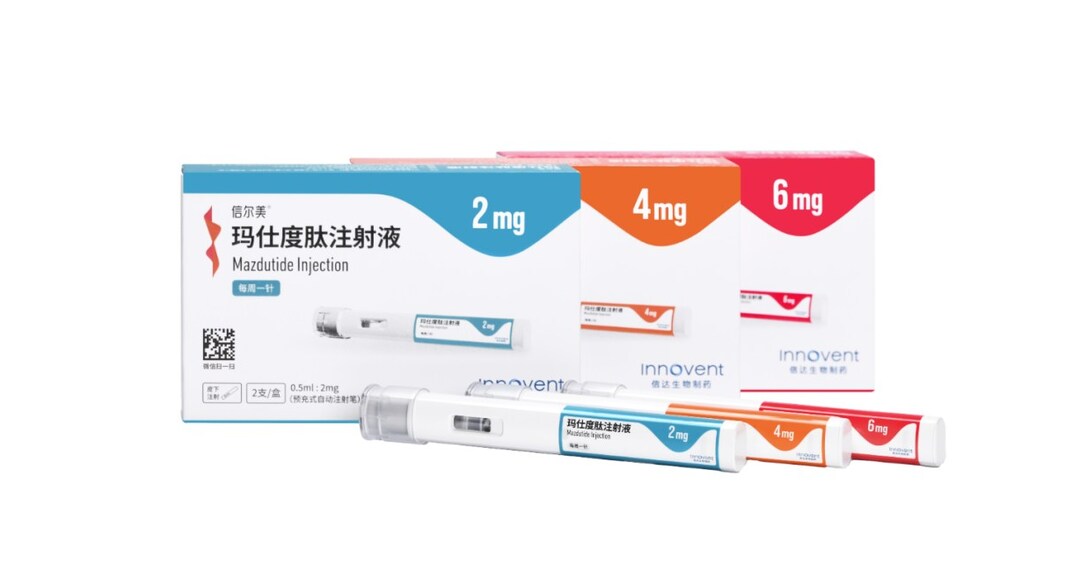
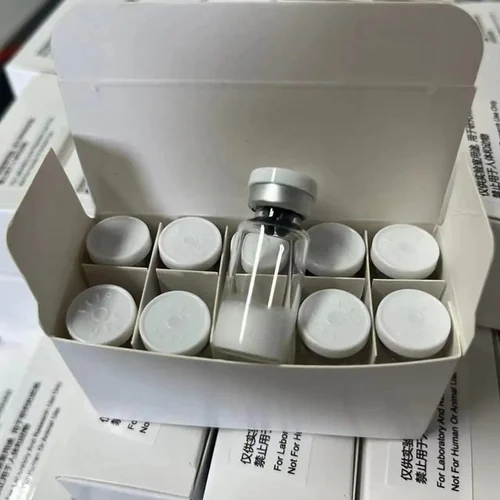
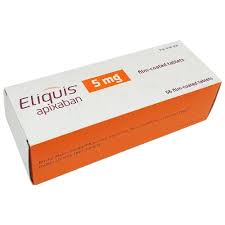
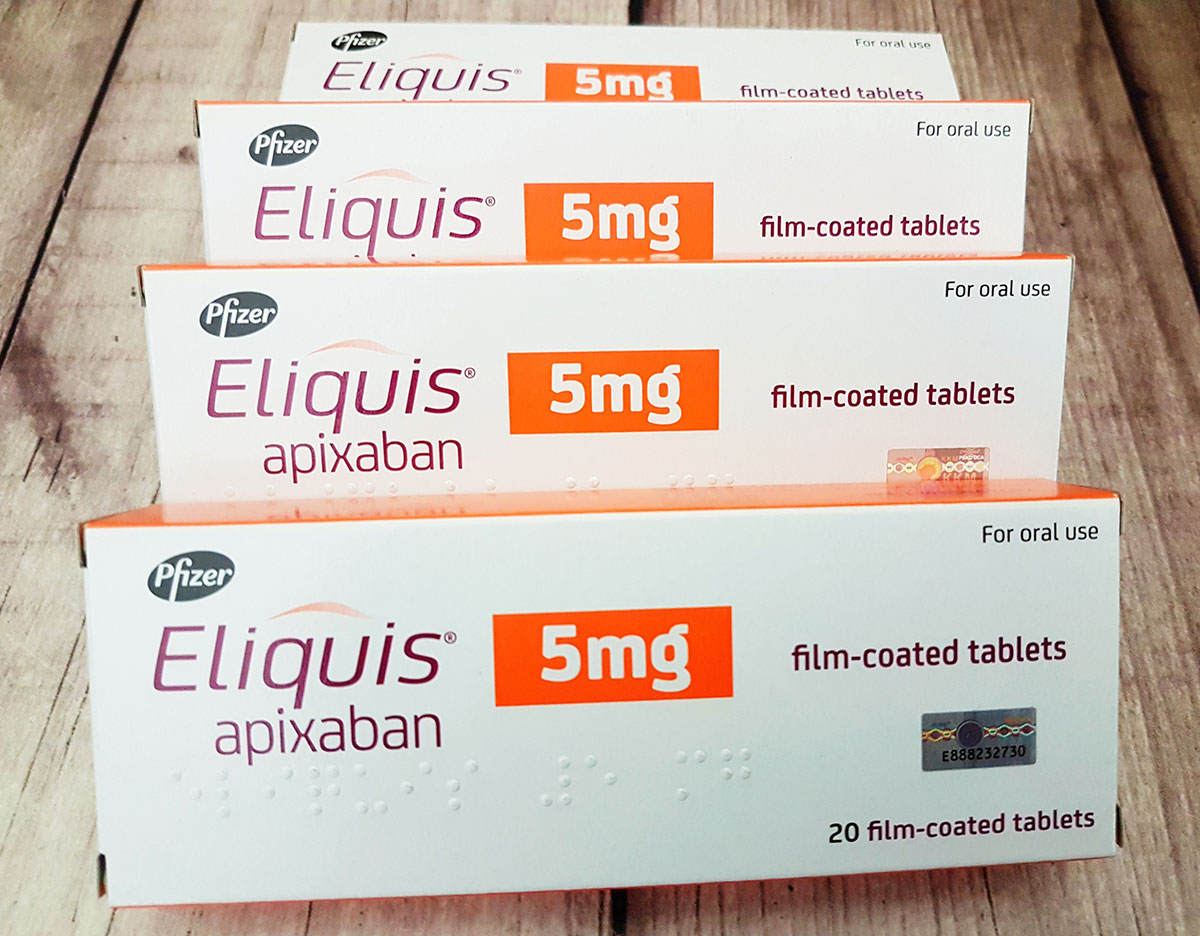
Reviews
There are no reviews yet.